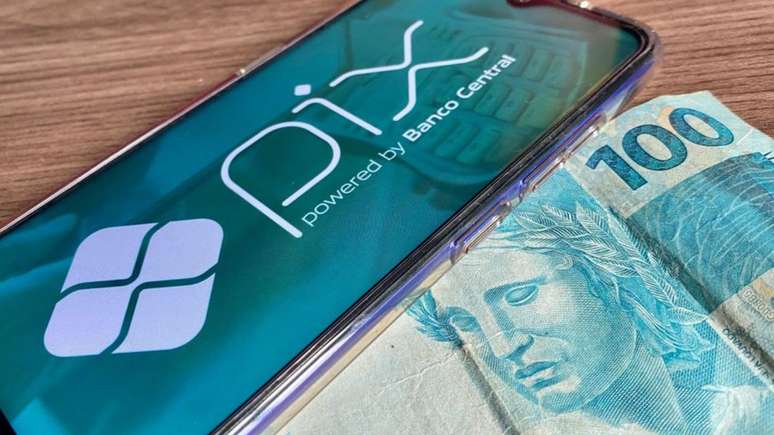While 15% of Brazilians have already fallen victim to scams involving Pix, the majority of the population considers this one of the most serious forms of cybercrime
Scams involving Pix they have already reached three out of four Brazilians, with at least 15% of the population of our country losing money in fraud of this category. It is the most remembered by citizens when it comes to cybercrime, with most of the people considering this modality as one of the most serious in the current scenario.
What a survey conducted by security solutions provider NordVPN shows is that scams involving Pix are, in general, the largest chunk of an increasingly comprehensive threat landscape. The survey showed that Brazilians are increasingly exposed, with 71% of our population having suffered at least one cybercrime attempt in the last year; 37% have received more than one such contact.
Since the bandits’ biggest pursuit is profit, the financial sector accounts for more than half of all cybercrime recorded in Brazil in 2022. Leading the way in the fraud involving Pix are fraudulent purchases and transactions using stolen credit card information and the spread of false shops, that simulate the appearance of well-known e-commerce; they all account for 15% of the total volume of threats detected.
Below are other common crimes involving bank customers, such as spreading viruses that contaminate devices to obtain credentials (13%) and fraud with false payment slips (12%). Outside of the banking sphere, they complete the ranking of the biggest threats against Brazilians hacking private accounts on online services or social networks (12%) and compromising personal information (11%).

According to Daniel Markuson, digital security expert at NordVPN, the more common a threat, the more serious it will appear in the eyes of citizens. “The creation of Pix has provided more convenience to the people of the country, but at the same time, due to its ease, it has created loopholes to be able to practice many financial frauds,” he explains.
Brazilians are also more safety conscious
The skyrocketing rates of online scams in Brazil, although it has increased the number of victims, has also increased the knowledge of our country’s citizens about the protection itself. To understand the extent of this aspect, NordVPN includes in its survey a list of the 13 most popular online threats in the current scenario and found that 69% of the respondents knew the cybercriminal methods presented.
Among the best-informed participants, 82% said so use antiviruswhile 50% are users of password managers and 36% are customers of vpn services. Rates are also high among those unaware of most scammers’ tricks, with over 62% of them indicating they have antivirus installed on their devices, although the totals for password managers and VPNs are lower , with 24% and 22% respectively.
Here, then, is the biggest contrast NordVPN cites in its survey. According to the study’s findings, the better a respondent’s technological knowledge, the greater their exposure to threats or cybercrime, with overconfidence cited by experts as a risk-generating element, with fewer precautions being taken. Those who don’t “manage” themselves much, on the other hand, are more careful in accessing the internet and using the tools.
Source: NordVPN
Trending on Canaltech:
- Elon Musk considers trading fight with Mark Zuckerberg for verbal debate
- 10 References and Easter Eggs in Thor: Love and Thunder
- 5 Brazilian action series to watch in streaming
- WHO updates definition of what a healthy diet is
- Disney+ wants to end password sharing
- State of SP installs unauthorized apps on teachers’ and students’ cell phones
Source: Terra
Rose James is a Gossipify movie and series reviewer known for her in-depth analysis and unique perspective on the latest releases. With a background in film studies, she provides engaging and informative reviews, and keeps readers up to date with industry trends and emerging talents.


![Here it all begins in advance: Teissier manipulates Jordan!… What awaits you in the week of November 3-7, 2025. [SPOILERS] Here it all begins in advance: Teissier manipulates Jordan!… What awaits you in the week of November 3-7, 2025. [SPOILERS]](https://fr.web.img6.acsta.net/img/56/2e/562e36492cf37291aaa5e1729f7cba98.jpg)



